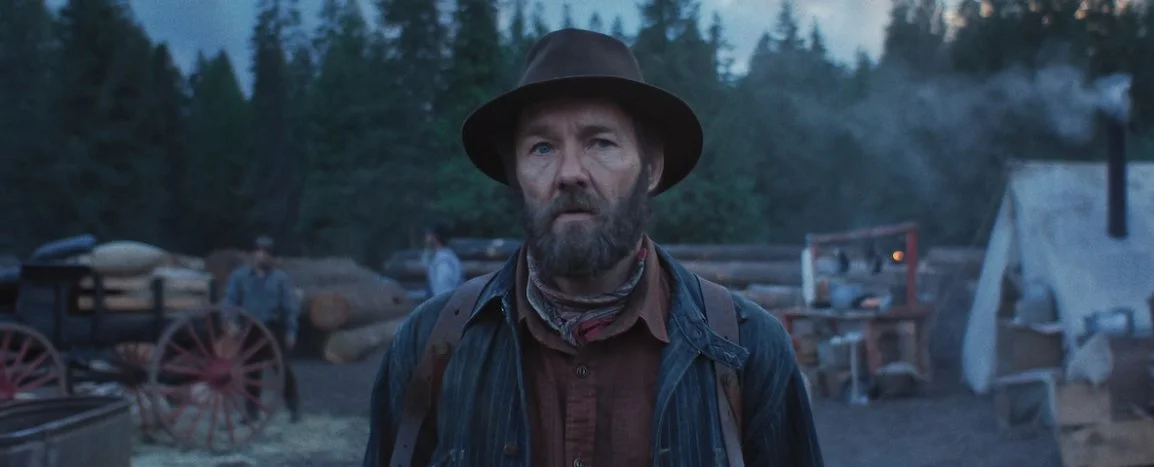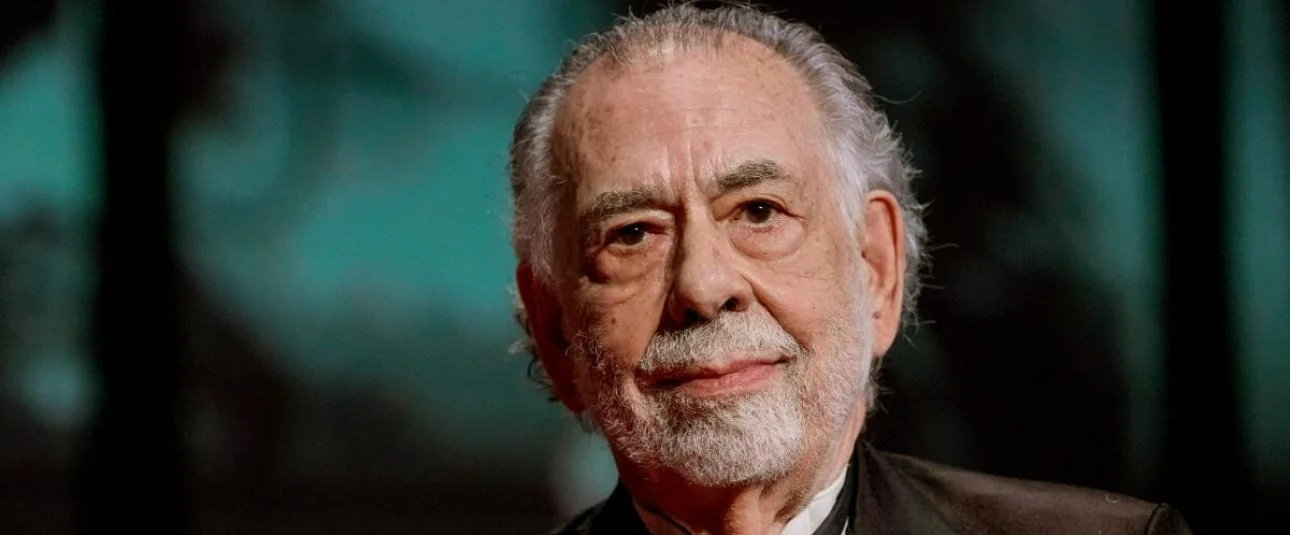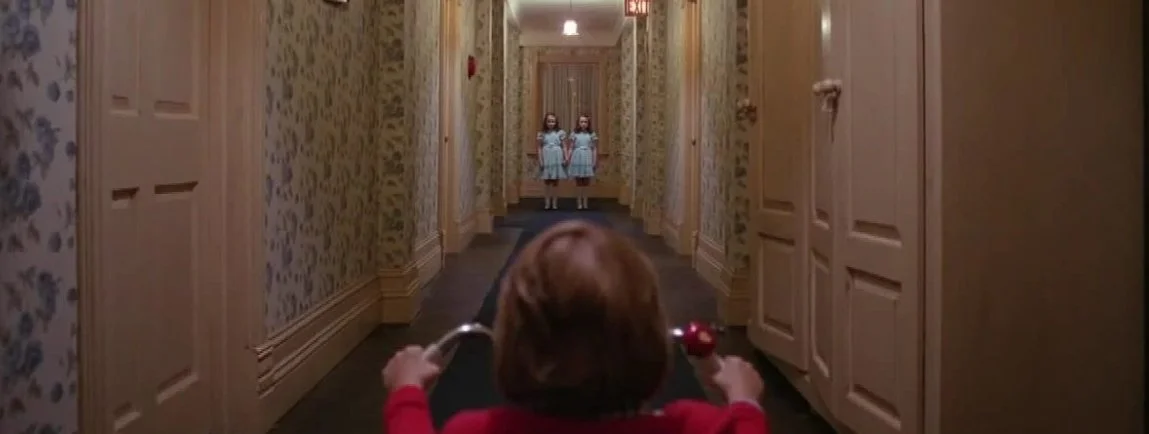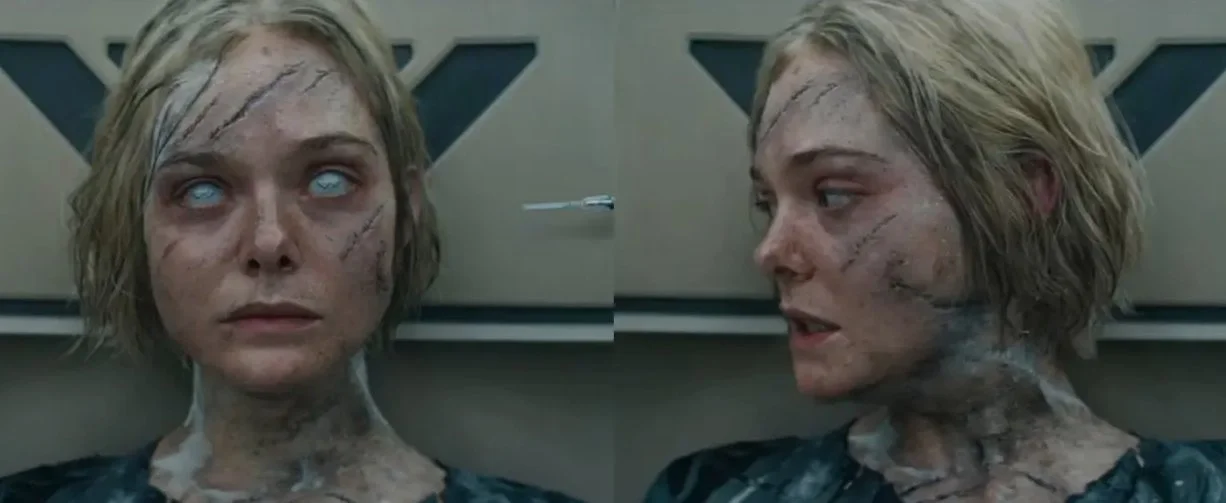It took almost five months after its Cannes Film Festival premiere for David Cronenberg’s “The Shrouds” to be acquired for U.S. distribution. The good folks over at Janus and Sideshow picked it up and set a 2025 release date for the film.
Cronenberg’s film had been met with lukewarm reviews at Cannes — I was underwhelmed by it as well. However, “The Shrouds” has been getting slightly better reviews at North American fests such as NYFF and TIFF, and it’s now at 59 on Metacritic and 72% on Rotten Tomatoes, which are far better marks than what it got at Cannes.
Cronenberg, 81, is now telling NYFF’s Dennis Lim that it might have been a mistake to show it at Cannes as the audience over there “didn’t get” the movie he was trying to make, one which is filled with dark humor.
“They didn’t get the movie, partly because of the language and cultural things and the fact that maybe people felt if they laughed it was being disrespectful or something,” he says. “It’s the pressure of the Cannes Film Festival. We didn’t get the kind of laughs that I knew we would get, let’s say, at the Toronto Film Festival or that we would get here”
Cronenberg shared his thoughts after The Shrouds had its U.S. premiere Saturday night at the New York Film Festival. “I wasn’t here while the movie was playing, but I hope you laughed a little bit,” he told the crowd at Alice Tully Hall. “Life without humor is not something I could bear.”
Cronenberg’s latest has Vincent Cassel playing an innovative businessman, and grieving widower, who builds a cemetery that allows mourners to connect with their loved one’s dead bodies as they decompose in real time via underground cameras. Diane Kruger has two roles in "The Shrouds": The late wife of Cassel's character, seen in flashbacks, and the sister of the wife. Guy Pearce plays Kruger’s paranoid, conspiracy-obsessed ex-husband.
The film both fascinated and frustrated me. Its first hour was captivating, but the plot devolves into convoluted behavior. At least there’s Cronenberg’s usual penchant for kinky sex, and his everlasting obsession with the human body. On another positive note, Howard Shore’s score, a mix of hymns and organs, beautifully layers the film’s imagery.





